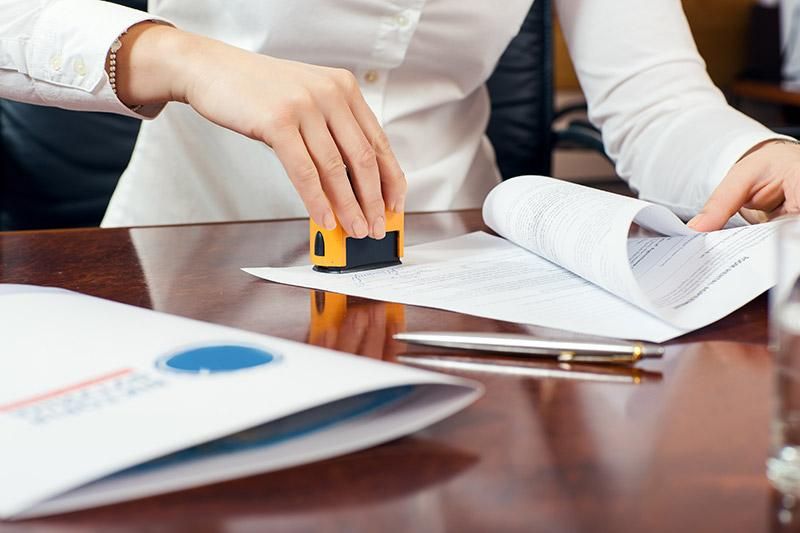
What Are Escrow Items in a Home Loan?
If you’re planning to buy a home, you’ll hear the word escrow throughout the process. An escrow is a legal setup where a third party temporarily holds money or property until a condition is met.
In a real estate transaction, escrows protect buyers and sellers throughout the process. An escrow account is established through your mortgage terms to hold the money for homeowner’s insurance and taxes.
Escrow accounts can also be used in home buying to protect a good faith deposit, ensuring the funds go to the right party based on sale conditions. We’re specifically discussing the escrow account used throughout the life of your loan below.
Escrow Accounts When You Borrow Money
You're given an escrow account when you borrow the money to buy a home from a bank or direct mortgage lender. The escrow account is where lenders deposit the portion of your monthly mortgage payment that will cover insurance premiums and taxes. By collecting a part of those costs every month, the escrow account is meant to reduce the potential of falling behind on obligations you have to your insurance provider or the government.
How It Works
When you get a loan for a mortgage, even though the costs of your homeowner’s insurance premiums and property taxes are paid annually, the lender requires a fraction to be paid monthly. Then, the balance will accumulate in the escrow account, ensuring these particular expenses are paid every year on time.
Mortgage lenders will usually require that a borrower have an escrow account to reduce risk.
Having unpaid insurance or taxes can lead to liens if you go through a foreclosure. If there’s a lien on the property it’s harder for a lender to recover the original loan. This means there’s an incentive for a lender to keep a borrower up-to-date on these non-mortgage homeownership costs.
There are some downsides to this if you’re the borrower. Your lender usually requires you to keep a minimum balance in the escrow account to protect against possible cost increases. The rule for most lenders is that you have at least two months of expenses in the mortgage escrow account.
Essentially, instead of paying your premiums directly to your insurer and your taxes to the government, you pay 1/12 of these expenses monthly, in addition to your principal and interest payments. Then, the escrow account holds this money until it’s due at the end of the year.
Your escrow payments can be adjusted up or down, depending on whether there was a surplus or shortage in the account for the year’s payment. A mortgage holder has to send you an annual statement about your escrow account. You might also see this called a mortgage impound account.
If you have to pay mortgage insurance premiums, these are also held in the escrow account. This is for borrowers who make less than a 20% down payment.
Before closing, an escrow agent has to provide you with a settlement statement. The statement will itemize all of your final closing costs and the fees that come along with your home loan, including prepaid and escrow money.
Escrow accounts aren’t going to cover everything related to homeownership. For example, they don’t cover your HOA fees. If you have supplemental tax bills, these aren’t covered by escrow accounts either. A supplemental tax bill is a one-time bill that can be issued because of a new construction or a change in ownership, and a lender can’t predict whether you’ll get these or how much they’ll be.